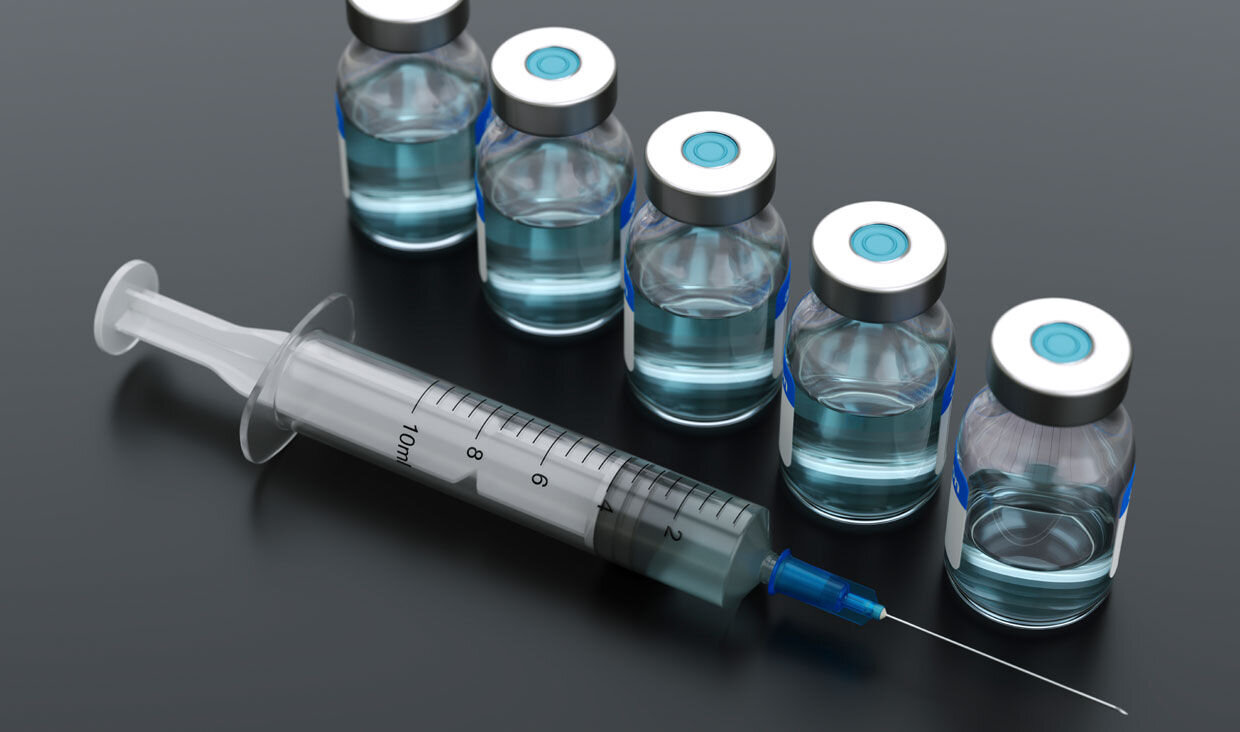Rotavirus, uterus cancer, and pneumonia vaccines being developed

TEHRAN – The Vice Presidency for Science and Technology is implementing a plan to develop rotavirus, uterus cancer, and pneumonia vaccines domestically.
The plan aims to reduce the dependency on outside sources and the outflow of foreign currency, IRNA quoted Mostafa Qanei, the secretary general of the Biotechnology Development Headquarters, as saying.
Currently, the lion’s share of knowledge-based exports is related to the field of biotechnology, he added.
According to statistics and the latest report of the United Nations, Iran ranks fourth in the world in terms of the production of biological products, while the country ranks first in the region, Qanei highlighted.
He also said that biological medicines produced by Iran are exported to 17 countries, noting that Iran currently ranks 12th in the world in terms of scientific publications.
Producing the three vaccines in the country will save some 600 million dollars annually, he pointed out.
The administration plans to produce up to 70 percent of biological medicine needed, saving about $1.8 billion per year, Qanei concluded.
Previously, the official said efforts in the ecosystem of technology and innovation are so great that every year we see a decrease in spending in foreign currency and an increase in domestic production in the field of medicine and treatment.
Products that have been manufactured with the help of indigenized biotechnology have met domestic needs, he added.
“Currently, about 800 knowledge-based companies are operating in the field of biotechnology, and we are trying to increase this number qualitatively and quantitatively by increasing support,” Qanei highlighted.
In January, Qanei said the U.S. sanctions have impeded the country’s ability to acquire a targeted 3 percent share of the global biotechnology market.
Iran is an advanced and developed country in the field of biotechnology and home to outstanding technologists, he added.
“We could easily increase Iran’s share of the global biological market to three percent,” he said.
Considering that Iran has 1 percent of the world’s population, we aimed to gain 3 percent of the world’s biotechnology market, but the sanctions did not allow us to become a good actor in the field of biotechnology at the international level.
The Secretary of Biotechnology Development Headquarters considered financial exchanges to be the main problem in this field.
“In recent years, we have tried to realize this plan, and technologists and knowledge-based companies have also taken steps in this direction, and good successes have been achieved, but we are far from reaching the desired point,” he noted.
Currently, around 30 types of biotech medicines are produced in the country in addition to kits, vaccines, and blood products. Also, 80 percent of biotechnology pharmaceutical items are domestically produced.
MG
Leave a Comment